Verify the official safety brief for Moscow Forum now and arrive two hours early to secure entry and orientation. This helps you navigate the heart of the city and the surrounding terület with calm, especially in june when crowds intensify near main entrances.
Keep belongings in a zipped inner pocket and watch for petty crime near transit hubs; assign a contact name and a meeting point for passengers who become separated; when you travel, carry a copy of your passport and the event name; check local advisories from your embassy for travel warnings, including health alerts during influenza season, and assess the potential risks for your group.
At the venue, follow posted signs and use official entrances. Listen to staff instructions and keep belongings in sight. The forum includes practical safety tips and sessions, including Q and A, that help you stay with your group and reduce miscommunication during breaks.
Be wary of thir self-proclaimed guides outside the foyer; rely on official staff and registered facilitators. The fortification includes controlled bag checks, CCTV coverage, and clearly marked evacuation routes to keep everyone safe.
On arrival, you will feel organized support: information desks display the event name and bilingual help; bring a printed schedule and your contact details, including a local number, to facilitate quick assistance.
If you must travel by public transit after sessions, plan for area congestion and potential delays; keep passengers close and monitor crowd safety. Staff will be visible to help you, and bringing a small flashlight or power bank can help in late hours.
Moscow Forum Safety Plan
Start with a full, visible safety plan posted at all entrances and require attendees to wear visible badges, protecting the forum’s reputation.
According to the plan, trained staff conduct bag checks, manage crowd flow, and maintain coverage along all corridors and around exits, with patrols doing quick sweeps every 15 minutes.
The mall-style layout creates safe zones with clear sightlines, first-aid posts, and quiet rooms; areas filled with signage keep traffic moving and support small groups. The recent updates draw on lessons from european centers and western venues.
Record purchases and check in with a card-based credential to speed access; enough trained operators handle surges, and a citizen concern channel ensures quick response; staff complete a short de-escalation course.
Visitors arriving from minnesota, york, or european centers benefit from pre-registration and a dedicated lane; they present a digital badge to enter, and staff verify identity without delaying purchases, taking care to keep lines smooth.
We allow importation of approved equipment only through a controlled channel and verify it at entry; coverage extends around all main paths, with additional staff in high-traffic zones near entrances and service desks.
We balance cost with safety by using existing mall infrastructure and avoiding expensive add-ons, ensuring full coverage without draining the budget.
| Step | Action | Owner | Timeline |
|---|---|---|---|
| Entrance checks | Verify badges, scan card, confirm purchases | Security Lead | On arrival |
| Crowd management | Monitor corridors, adjust flow, redirect around bottlenecks | Operations | Ongoing |
| Safety zones | Maintain first-aid posts, quiet rooms, and clear signage | Facilities | Before and during event |
| Citizen reporting | Capture concerns in real time and escalate | Security Desk | Immediate |
| Post-event review | Assess incidents and update the plan | Safety Committee | Within 24 hours |
Venue Security: Access, screening, and entry procedures
We advise attendees to arrive today through the main entrance and step away from the ticket queue if guidance is needed; theres a two-stage flow that verifies tickets first, then proceeds to screening in the adjacent area.
The access design uses a western side layout with separate lanes for standard tickets and verified credentials; signs point toward the mall and the sunny exterior, so attendees know where to go. Ensure russian-speaking staff are available to help with directions and any language needs. In venues abroad, like paris, the flow is smooth when the process is visible and documented.
Screening procedures include bag checks, metal detectors, and selective pat-downs conducted in a private area; keep the full process public enough to deter threats yet respectful of privacy. Use a clear, visible posted list of prohibited items and a medical station for immediate aid if someone feels unwell. Usually, screens are completed within 60 to 90 seconds per person, reducing time in line today.
Entry procedures and contingencies: tickets are scanned, IDs checked if necessary, and entry is refused if data mismatch; staff will guide attendees to the appropriate queue if problems arise. If someone tries to bypass checks, security coordinates with country-wide teams to ensure safety and respond swiftly. The venue keeps a dedicated medical area for emergencies and a clear route to exits. Attendees should keep personal belongings to a minimum and follow staff directions at all times.
Transit Safety: Getting to and between venues using metro, tram, and taxis
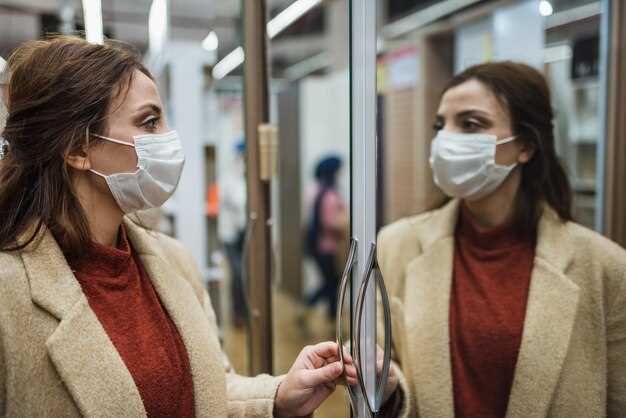
Always plan your route in advance and buy tickets at official kiosks or via the metro app. Here is a practical, data-driven approach to moving safely between venues in moskva, whether you are visiting cathedrals, universities, or conference halls in july.
- Metro efficiency: Use the metro for fast, reliable travel between venues. Most lines run from early morning to late night; headways at peak can be around 90 seconds, so wait for passengers to disembark before boarding and stand clear of the doors to avoid rushing during the race for space. Keep your tickets or Troika card handy and confirm your destination on the map.
- Tram routes: When you need to reach neighborhoods not served by the metro, trams offer direct links to campuses and cultural sites. Validate tickets at entry, watch the gap when boarding, and stay aware of passing traffic near stops. Trams are common near universities and cathedrals, making walking between venues easier.
- Taxis and rideshares: For late arrivals or tight schedules, book through trusted apps. Before you sit, verify the plate, driver name, and car color; share your trip with someone, and check the fare estimate in the app to stay within a reasonable limit. In moskva, apps often show traffic conditions and alternative routes in real time.
- Ticketing and terms: Use a reusable card or single-ride ticket and reload at kiosks. Here is a quick tip: keep your receipts or app confirmation until the trip ends to avoid disputes. If you face questions about fares, consult the help section in the app or staff at stations.
- Safety behavior: Carry a small bag close to your body, avoid crowded platform edges, and walk with purpose rather than stopping in choke points. If you feel uncomfortable, move to a staffed information desk or to a brighter, clear area near arches or cathedral complexes where archangel motifs may appear on façades.
- Route planning and data: Before leaving your hotel or business venue, check the latest data for July travel patterns and station closures. Plan a backup route in case of delays, and allow enough time to reach exhibitions, universities, or conferences without rushing here. Between venues, aim to reduce walking on busy streets and use covered walkways where possible.
- Practical tips for walking and transitions: Keep items secure in crowded corridors, avoid loitering near ticket gates, and walk on the left only when permitted by staff; this helps you move between skyscrapers and transit hubs efficiently. If you are lucky with timing, you can transfer at major stations with minimal walking and minimal crowding.
- Questions and additional resources: If you need guidance on terms, discounts for students or seniors, or specific route advice between campuses and churches, ask venue staff or use the information page in your app. The page also highlights European data on safe transit practices and the typical behavior expected in busy centers.
Personal Safety: Bags, awareness, and avoiding scams in crowds
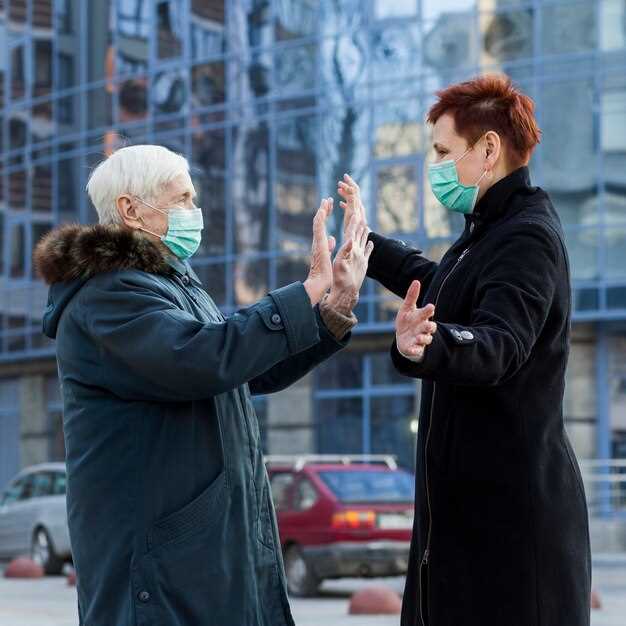
Keep your bag in front of you in crowded places, with zips closed and a sturdy strap across your chest. Use a crossbody bag that sits at your middle rather than swinging at your side, and store the most valuable items in inner pockets or zipped compartments.
In centers, shopping streets, and zones where tourists gather, foreigners should avoid displaying expensive goods and flashing gadgets while you move or pose for photography near a cathedral or gardens.
Be alert to scams: a stranger offers free help with bags or directions, then distracts you; another person blocks a route while a partner robs your bag. Politely decline, step away, and move toward staffed shops, hotel lobby, or embassy area if needed.
Choose places with a solid reputation, prefer western city centers or shopping centers, and stay within well-lit streets at night. If you need to stay in the area, pick a well-reviewed hotel and plan your route around gardens, a cathedral, or popular centers to keep a safe atmosphere.
During crowds, keep your phone secured in a pocket and avoid leaving bags unattended near places with many skyscrapers, busy stations, or near fountains. If something seems off, report to hotel staff or local authorities; keep copies of your hotel, embassy contacts, and emergency numbers within easy reach.
Digital Security: Public Wi-Fi risks, device protection, and data privacy
In this situation, connect only through a trusted VPN on public Wi‑Fi and turn off auto-connect until you confirm the network name is legitimate. Pay attention to the login page, use HTTPS, and avoid entering your account credentials on sites that look suspicious. Use a strong, unique password, and enable two-factor authentication; consider storing sensitive data in a password manager rather than on the device. Keep a clear separation between work and personal data.
Protect the device itself: turn on screen lock, encryption, and biometric unlock; keep the OS and apps updated to close vulnerabilities. Under protection, store data inside encrypted vaults and avoid saving payment cards or other sensitive data on the device. Use a separate work profile if your device supports it, and disable auto-restore of data to cloud when not needed. Review installed apps after each update to minimize risk.
Limit data leakage when you browse on a website: restrict app permissions, disable clipboard access for non-essential apps, and turn off autofill that could leak data. When you switch between personal and work accounts, use a dedicated profile and log out after each session. For citizens traveling from america or studying at universities, privacy rules vary by country; check local conditions and legal requirements before sharing sensitive information online. Review past incident logs to see how data was handled on similar networks.
After session ends, clear cookies and history on shared devices, and turn off remembered credentials. Review the introduction to your device’s privacy controls, enable alerts for unusual sign-ins, and check the post logs for any anomaly. If you notice anything suspicious, switch to a trusted network, then rotate cards and monitor card activity for any unusual charges on your cards.
13 Travel Risks and Mitigation: Quick prep steps for attendees
Carry a compact safety kit and know local emergency numbers. Check legal conditions on the official website to avoid surprises.
Here are seven quick steps for attendees. Many attendees rely on simple steps for safer visits.
Know each local safety rule and prohibited items before you go.
Carry only the cards you need and a digital backup of ID. Also store a photo of your ID on your phone for quick access.
In crowded venues, keep valuables on your body and your bag on your side.
Be alert for violence or xenophobia at crowds; if something feels off, move to a safe, well-lit area.
Prohibited items include flammable liquids, weapons, and large drones; verify with the local union or venue. Smoking areas have separate rules, respect them.
Outskirts: plan routes through well-lit streets; if you visit parks, stay on main paths and avoid unknown shortcuts at night.
Museum visits: arrive during off-peak hours and follow gallery rules; bottom floors may have limited staff.
Exchange money only at official desks or banks; refuse street exchanges.
Know your course and alerts: sign up for notifications from the venue and their safety website.
Also share your plan with a friend here.

 How Safe Is Moscow Moscow Forum? Safety Tips and What to Expect">
How Safe Is Moscow Moscow Forum? Safety Tips and What to Expect">

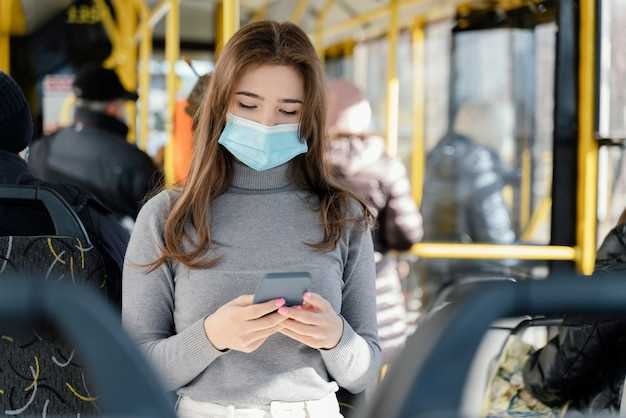 Best Taxi Apps to Use in Moscow – Moscow Forum">
Best Taxi Apps to Use in Moscow – Moscow Forum">
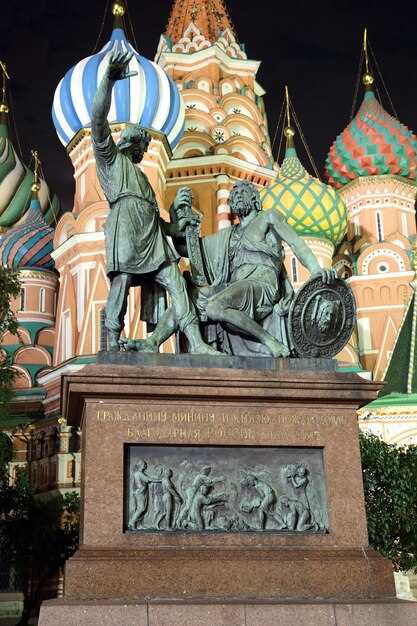 Our Favourite Moscow Museums Off the Beaten Path Part 3 – Hidden Gems">
Our Favourite Moscow Museums Off the Beaten Path Part 3 – Hidden Gems">
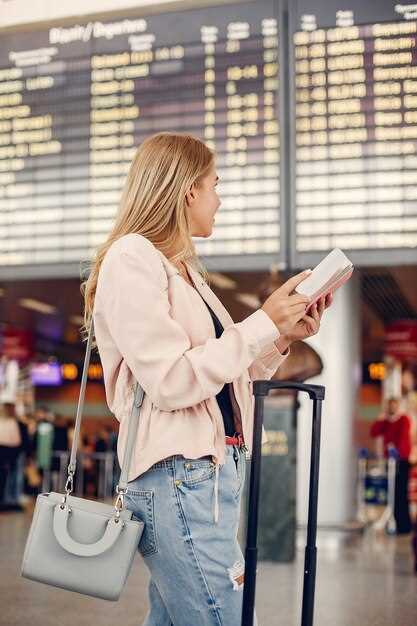 Moscow Domodedovo DME Airport Guide – Flights, Services & Travel Tips">
Moscow Domodedovo DME Airport Guide – Flights, Services & Travel Tips">
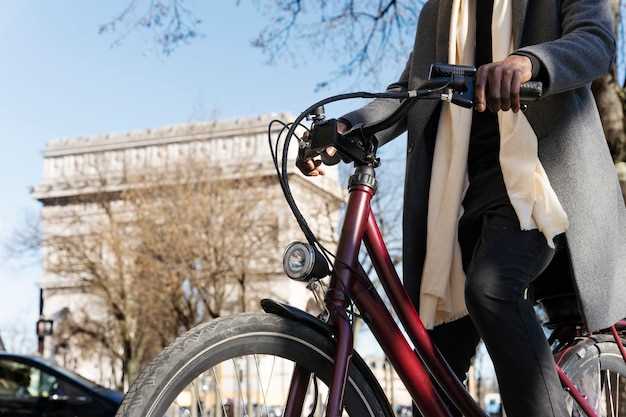 Bike Tours in Moscow – Best Guided City Cycling Tours">
Bike Tours in Moscow – Best Guided City Cycling Tours">
 9 Best Attractions in Moscow for Families – Top Family-Friendly Things to Do">
9 Best Attractions in Moscow for Families – Top Family-Friendly Things to Do">
 Patriarch’s Ponds Neighborhood – Prague’s Charming Historic Quarter">
Patriarch’s Ponds Neighborhood – Prague’s Charming Historic Quarter">
 Kolomenskoye – Moscow’s Unexpected Jewel – A Hidden Gem Guide to the Historic Estate and Park">
Kolomenskoye – Moscow’s Unexpected Jewel – A Hidden Gem Guide to the Historic Estate and Park">
 Moscow’s Jewish Heritage – Synagogues, Museums, and Cultural Centers">
Moscow’s Jewish Heritage – Synagogues, Museums, and Cultural Centers">
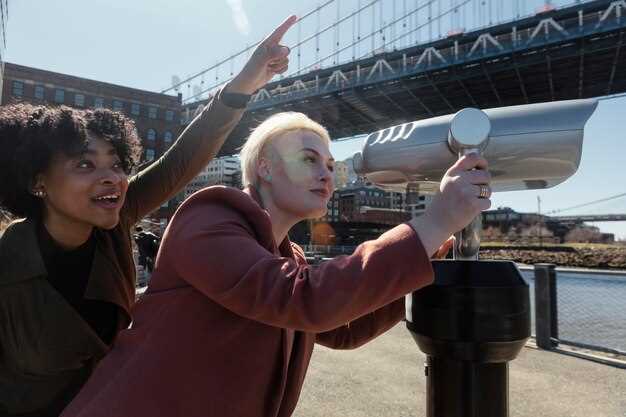 Moscow International Science Films Festival – Best Science Documentaries">
Moscow International Science Films Festival – Best Science Documentaries">
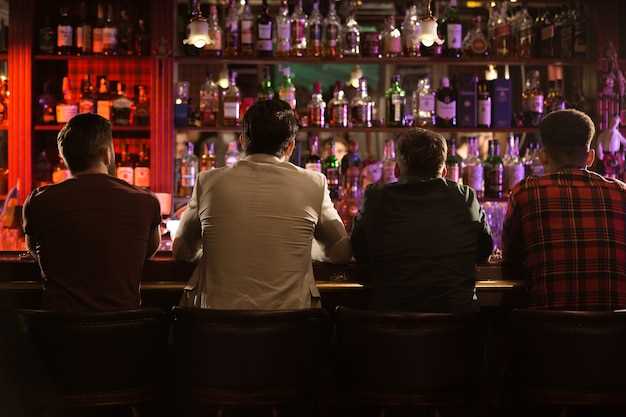 Moscow Nightlife Guide – Bars, Clubs &">
Moscow Nightlife Guide – Bars, Clubs &">